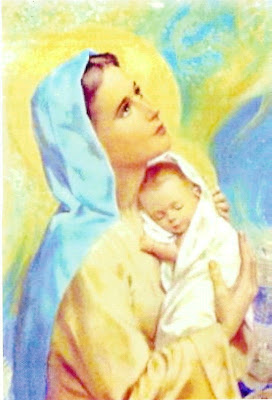Final Exam Preparation. Groups A and F History of Philosophy. 2 º Bachillerato. 2010-2011 academic year
There are two types of final exam:
1) Review for students who have passed two or three evaluations .
2) Review for students who have failed two or three evaluations .
In both cases, include all authors of the program are explained in class: Plato Aristotle S. Augustine, S. Thomas, Descartes, Hume, Rousseau, Kant, Marx, Nietzsche and Ortega. In each of them has to know:
· His thought.
· The historical, cultural and philosophical of his time.
· The content of his texts.
Also in both cases, space and time are limited (two hour and a half pages). This should be taken into account leave no question unanswered . It is also important complete the two pages, so it is not enough known a brief outline, because the answer can be short. Therefore, interested to know more about what to write .
1. Examination for students who have passed two or three evaluations.
The examination will test the model of selectivity, ie will two options (A and B) . The student may choose one of the two and should answer only the questions of choice.
can see a sample examination and correction of specific criteria in the following link:
http://www.ucm.es/cont/descargas/ documento33598.pdf
In option A , text and three of the questions will focus on one of the first six authors of the program (Plato, Aristotle, St. Augustine, St. Thomas, Descartes and Hume), while that in option B , text and three of the other issues discussed on the program's authors (Plato, Aristotle, St. Augustine, St. Thomas, Descartes, Hume, Rousseau, Kant, Marx, Nietzsche and Ortega ), but in a different philosophical age to the author of option A. Therefore, if one prepares very well from Plato to Hume, knows for certain that he will ask one of the authors who have prepared.
will four issues, which will be modeled after the questions have been raised in reviews of assessments, with a small difference in the fourth question, which is specified below. Therefore, the advice they gave to the review of the 2nd assessment in relation to the questions first, second and third are still valid (in this blog, as of February 2, 2011 ). It should be emphasized that to correctly answer the second question must be very careful on two things:
· Link good ideas to avoid exposing the contents of isolated or disconnected.
· Use language appropriately and accurately, especially when it comes to philosophical terms.
The fourth question was asked the explanation of a philosophical problem (for example, the problem of knowledge) in a philosophical author or not belonging to the author's time which is being proposed in first question. So, if the text of Plato, this question will indicate that you have to explain the philosophical problem proposed in a philosophical author or not belonging to ancient times, which means that you can choose any author from Augustine to Ortega y Gasset. It is therefore very important to know what time each author belongs.
The answers to questions 1 st, 3 rd and 4 th may obtain a maximum score of 2 points each, while the answer to question 2 ª may be up to 4 points.
2. Consideration for those who have suspended two or more reports.
This test also have two options (A and B) . The student may choose one of the two and should answer only the questions of choice.
In each of the options will five issues that relate to five authors are different from those included in the program and explained in class: Plato, Aristotle, S. Augustine, S. Thomas, Descartes, Hume, Rousseau, Kant, Marx, Nietzsche and Ortega.
The first question was asked , as those carried out in the three evaluations, "exposing the fundamental ideas of the proposed text and the relationship between them." So, the advice they gave to the review of the 2nd assessment in relation to the first question are still valid (in this blog, as of February 2, 2011 ).
The remaining four issues may be of the following type:
a) Post a philosophical problem (for example, will the problem of knowledge) in a author of the program.
b) Framing the thought of a of the authors of the program with the historical, cultural and philosophical at the time.
To address adequately the issues of type a) and b) serve the general advice offered to questions 3 and 4 th in the examination of the 2 nd assessment (in this blog, date February 2, 2011 ). It should be noted that in each of the five questions were asked by different authors.
All questions will be rated with a maximum of 2 points each.
































